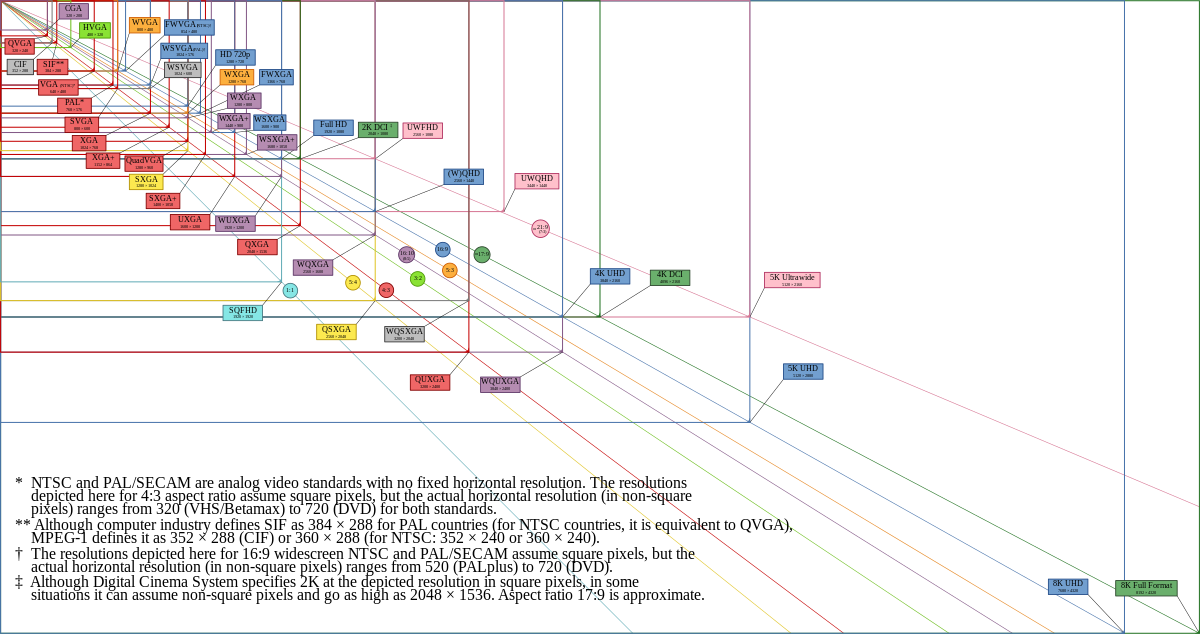Hi
I cancelled Netflix some time ago, but I'm now under pressure from the other half to renew it. There are three options: Basic, Standard and Premium. The video quality is "good", "better" and "best". It's the last bit that confuses me: "resolution", which is 720p, 1080p or 4K +HDR. I haven't a clue what it means. Can anyone enlighten me and advise me which to choose? By the way, the internet isn't great where we live, which may affect my choice. We only want to watch "normal" programs. ("The Crown" is the immediate reason for the pressure from my other half).
I cancelled Netflix some time ago, but I'm now under pressure from the other half to renew it. There are three options: Basic, Standard and Premium. The video quality is "good", "better" and "best". It's the last bit that confuses me: "resolution", which is 720p, 1080p or 4K +HDR. I haven't a clue what it means. Can anyone enlighten me and advise me which to choose? By the way, the internet isn't great where we live, which may affect my choice. We only want to watch "normal" programs. ("The Crown" is the immediate reason for the pressure from my other half).
